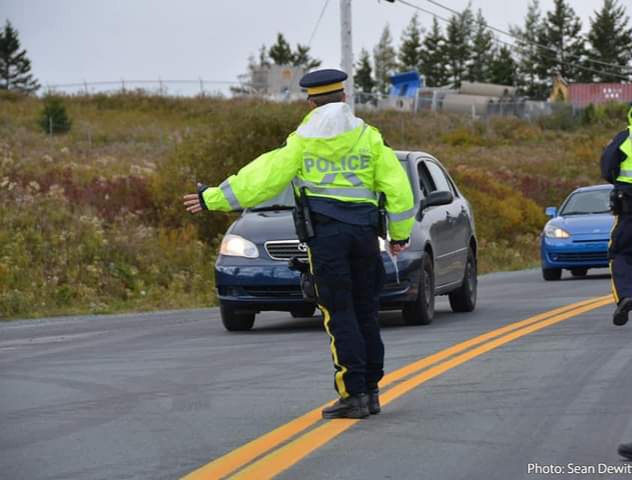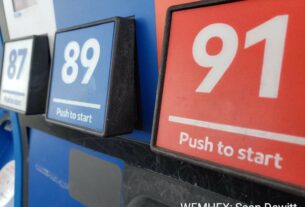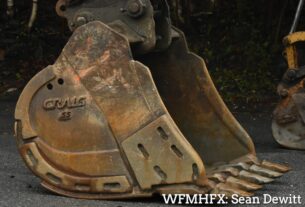**** RCMP Media Release
RCMP to increase checkpoints for National Impaired Driving Prevention Week
Nova Scotia RCMP will be conducting checkpoints across the province between March 20-26 as part of National Impaired Driving Week.
Officers will focus on road safety, including protecting Nova Scotians by removing impaired drivers from roadways. Motorists can expect to see increased patrols and sobriety checkpoints throughout the province as police continue efforts to keep our roads safe.
“Nova Scotians should be aware that impaired driving applies to all forms of transportation including all-terrain vehicles and boats. National Impaired Driving Week reminds vehicle operators that impaired driving can have deadly consequences and won’t be tolerated,” says Sgt. Michael Carter of the Nova Scotia RCMP.
Drivers who come through checkpoints may encounter sobriety testing. This comes in many forms, including:
- Approved Screening Devices (done roadside to test breath samples for alcohol)
- Approved Instruments (usually done at detachments to test breath samples for alcohol)
- Approved Drug Screening Equipment (done roadside to test oral fluid for THC [the pharmacological active ingredient in cannabis] and cocaine)
- Standardized Field Sobriety Testing (usually done roadside to test for impairment by alcohol and/or drugs)
- Drug Influence Evaluations (usually done at a detachment to test for impairment by drugs)
- Blood samples (done by a medical professional to test for blood drug concentration)
Failure or refusal to participate in sobriety testing may result in criminal charges that have the same penalties as impaired driving. These may include jail time, license suspension, fines and/or being sentenced to driver rehab.
Please report dangerous drivers to police and call 911 if you see someone driving in a way that is an immediate threat to public safety.
It helps to know:
- your location
- a description of the vehicle, including the license plate number, colour, make and model
- the vehicle’s direction of travel
- a description of the driver (if visible)
Every motorist has a responsibility to protect themselves and others. Please always drive sober.




